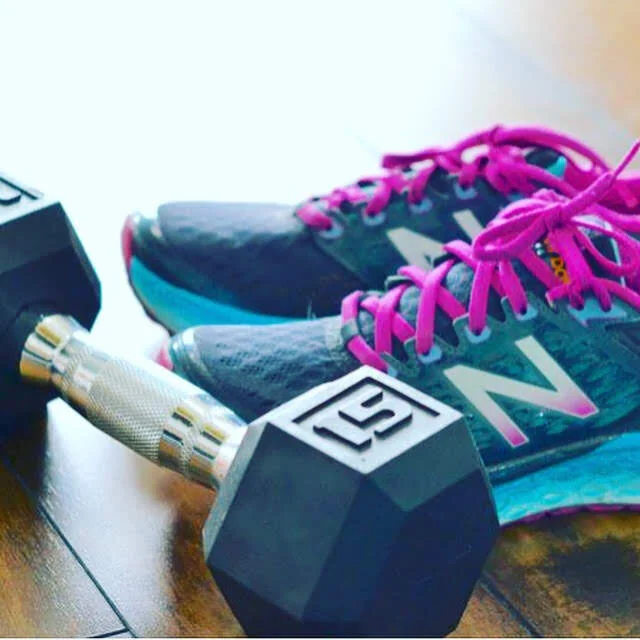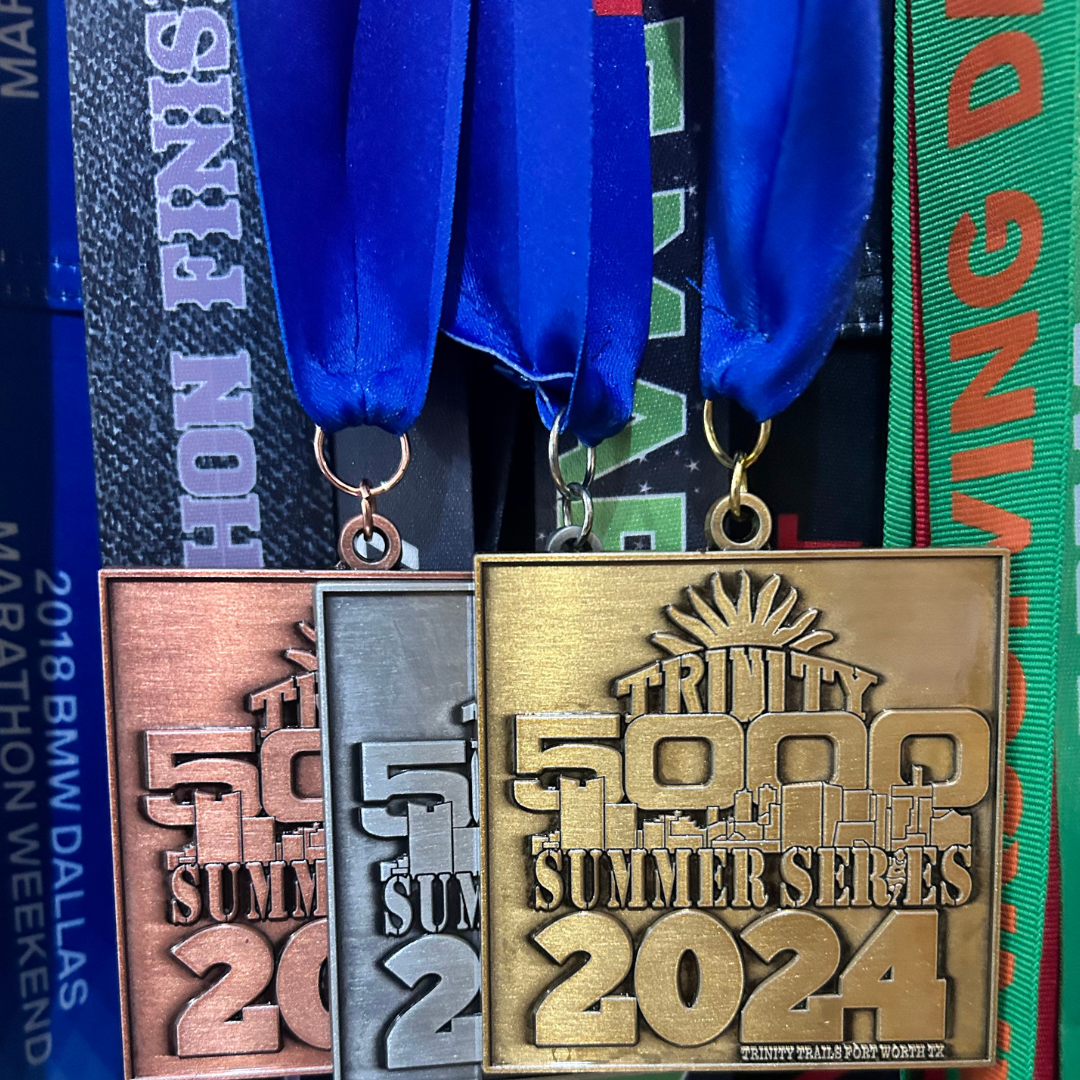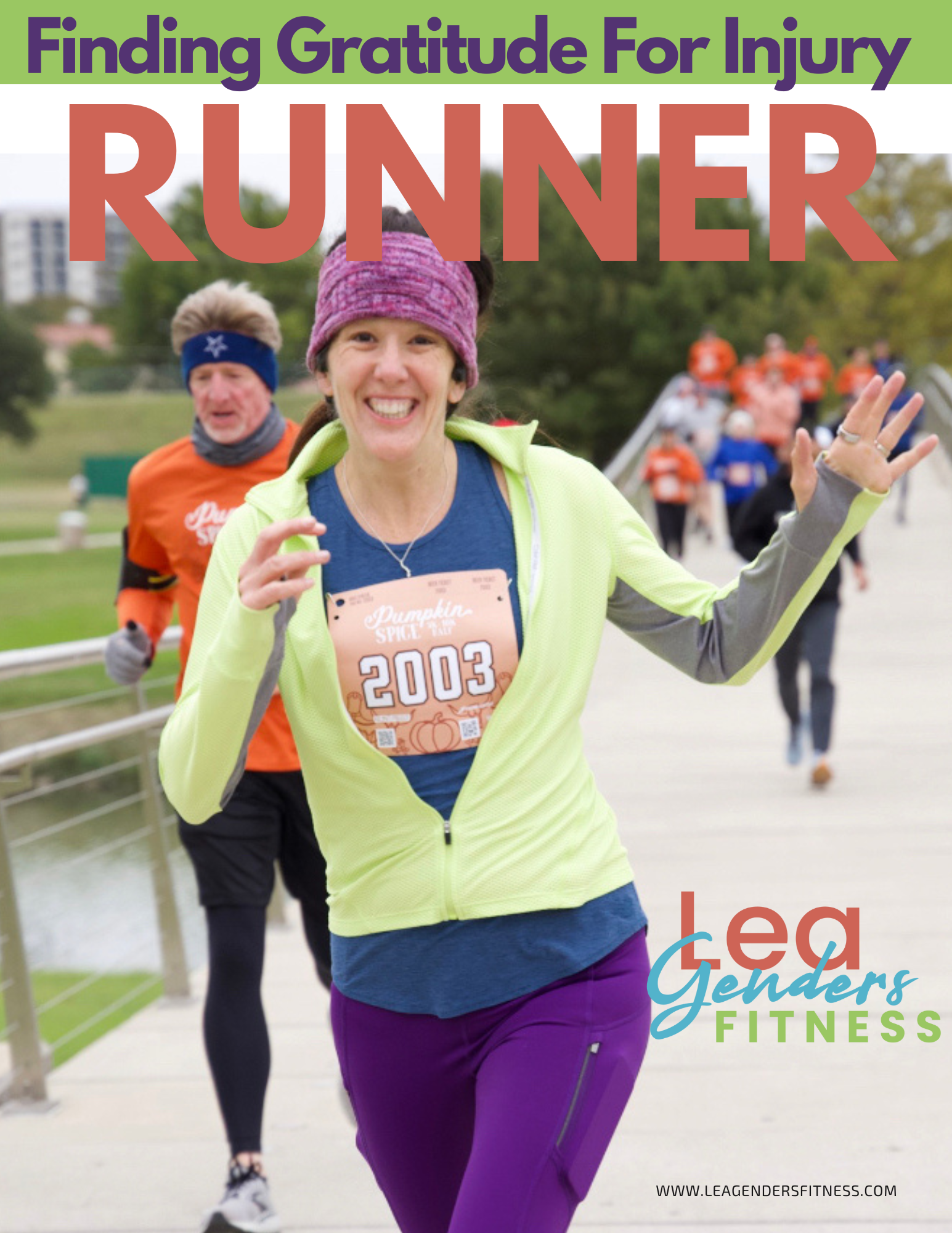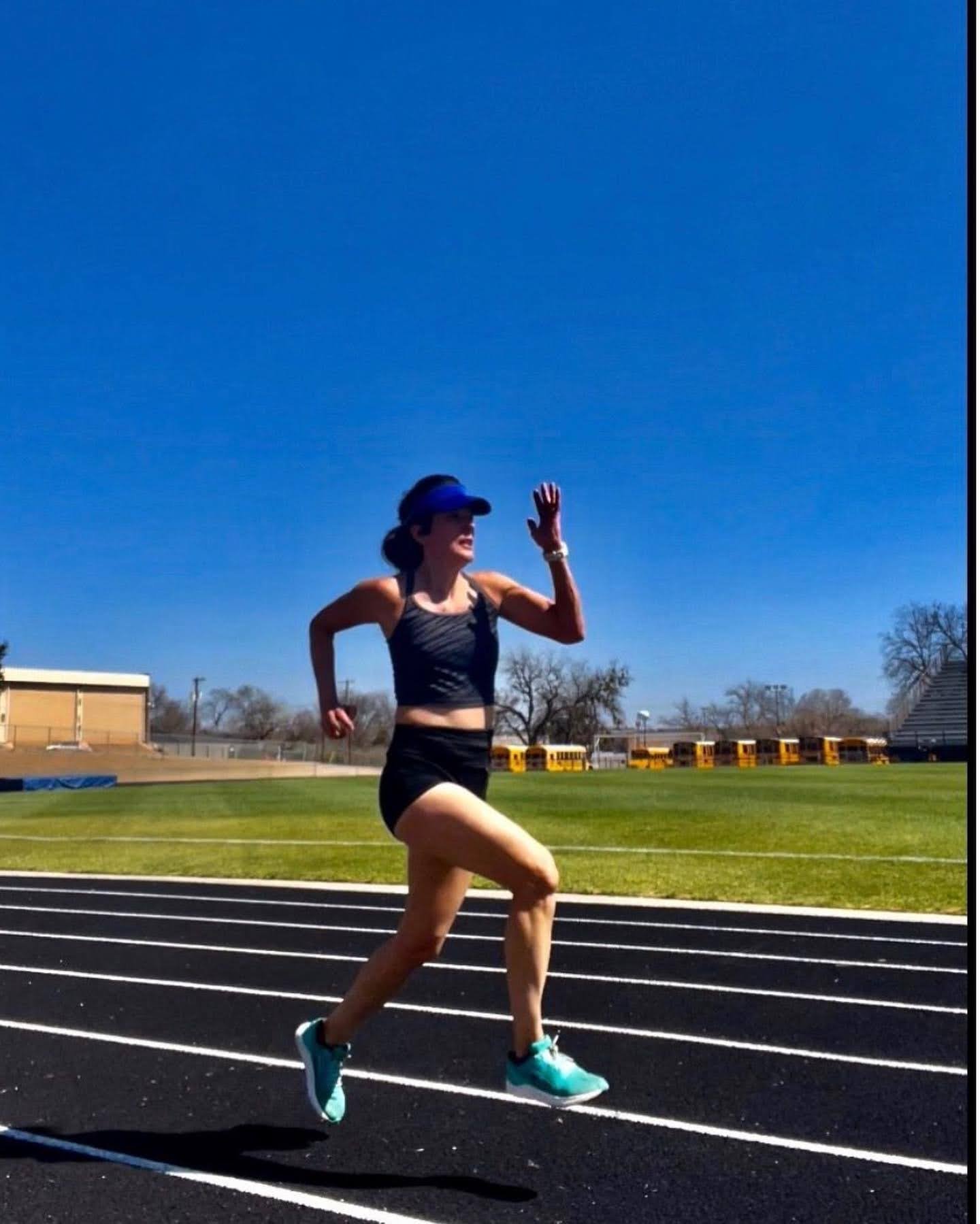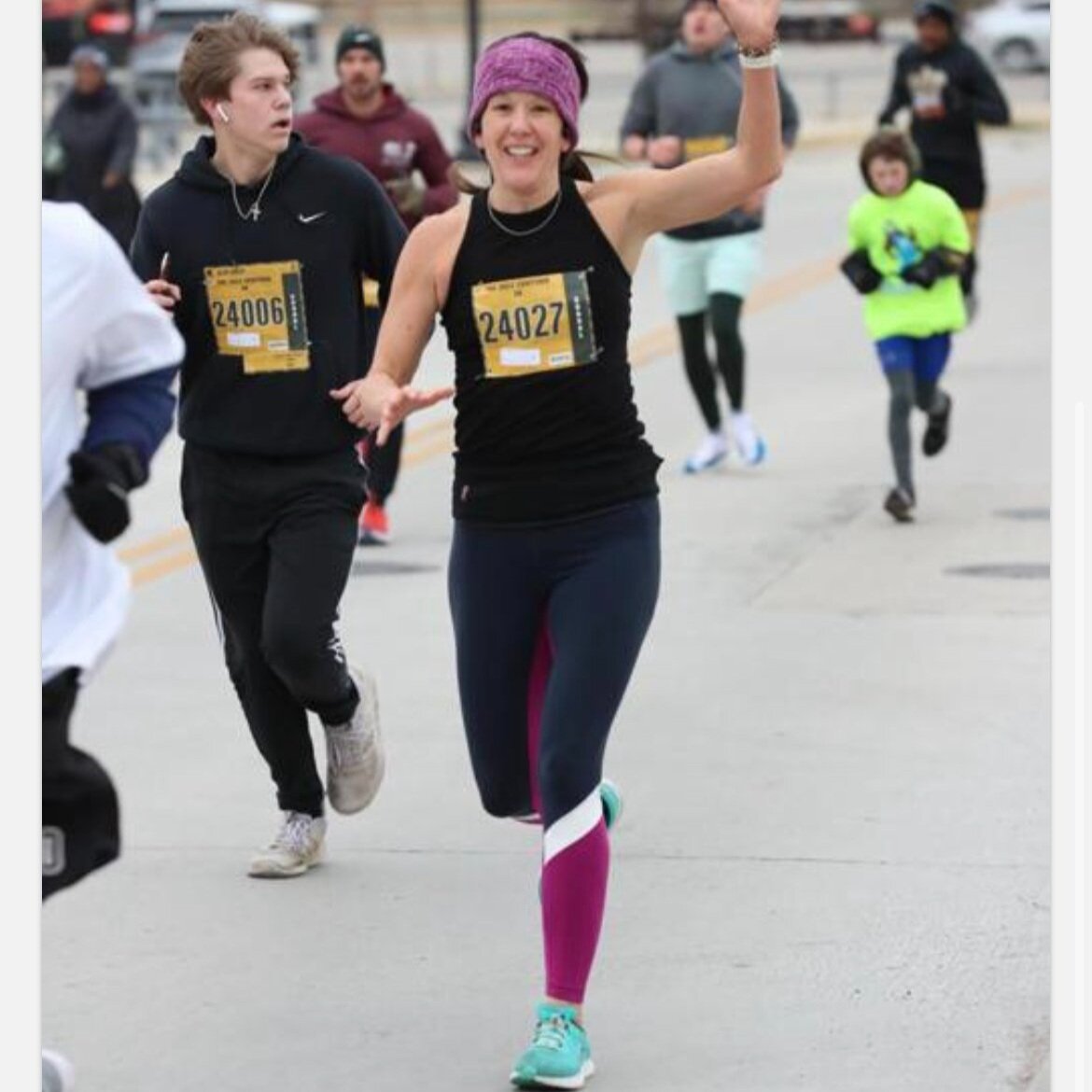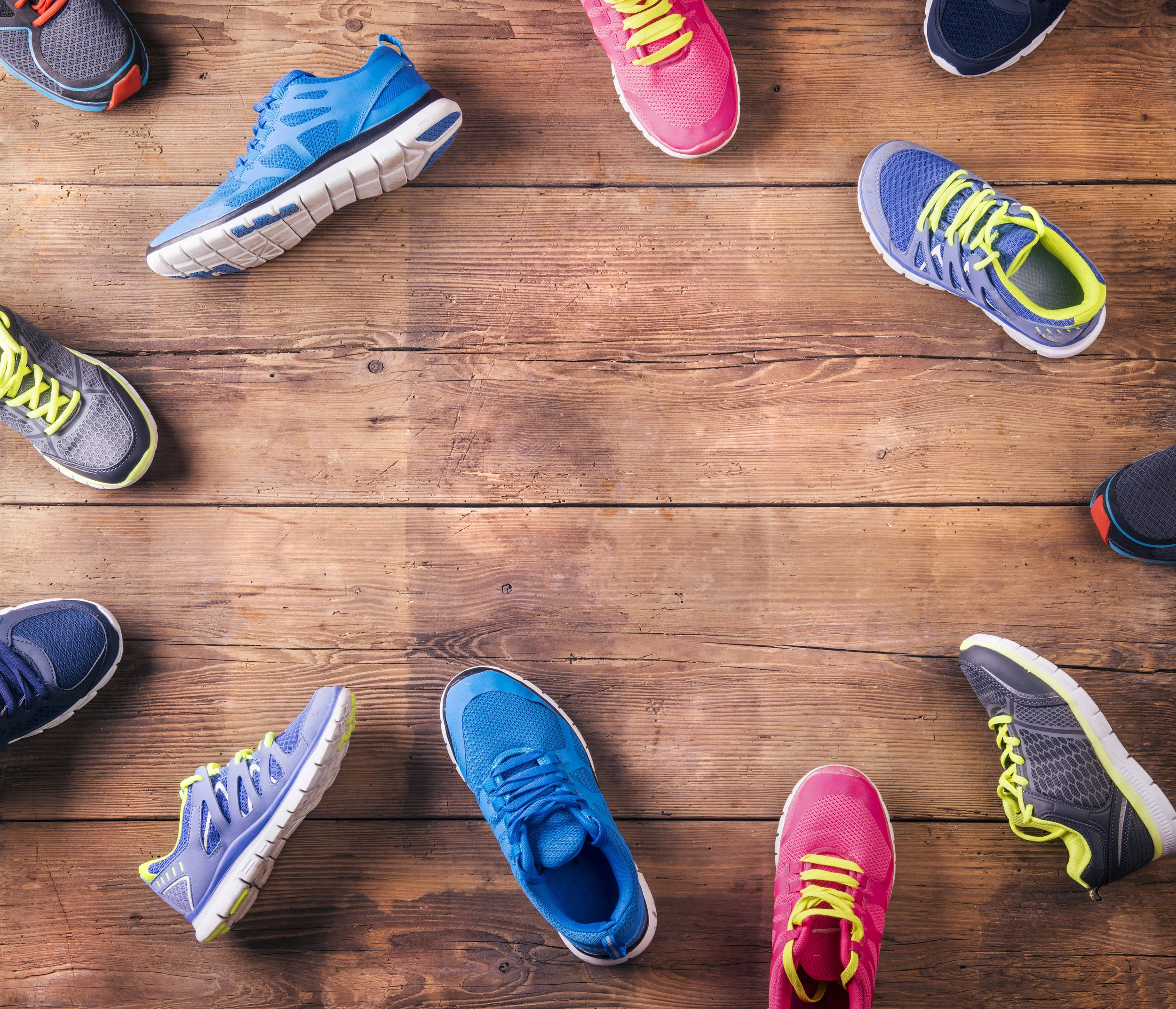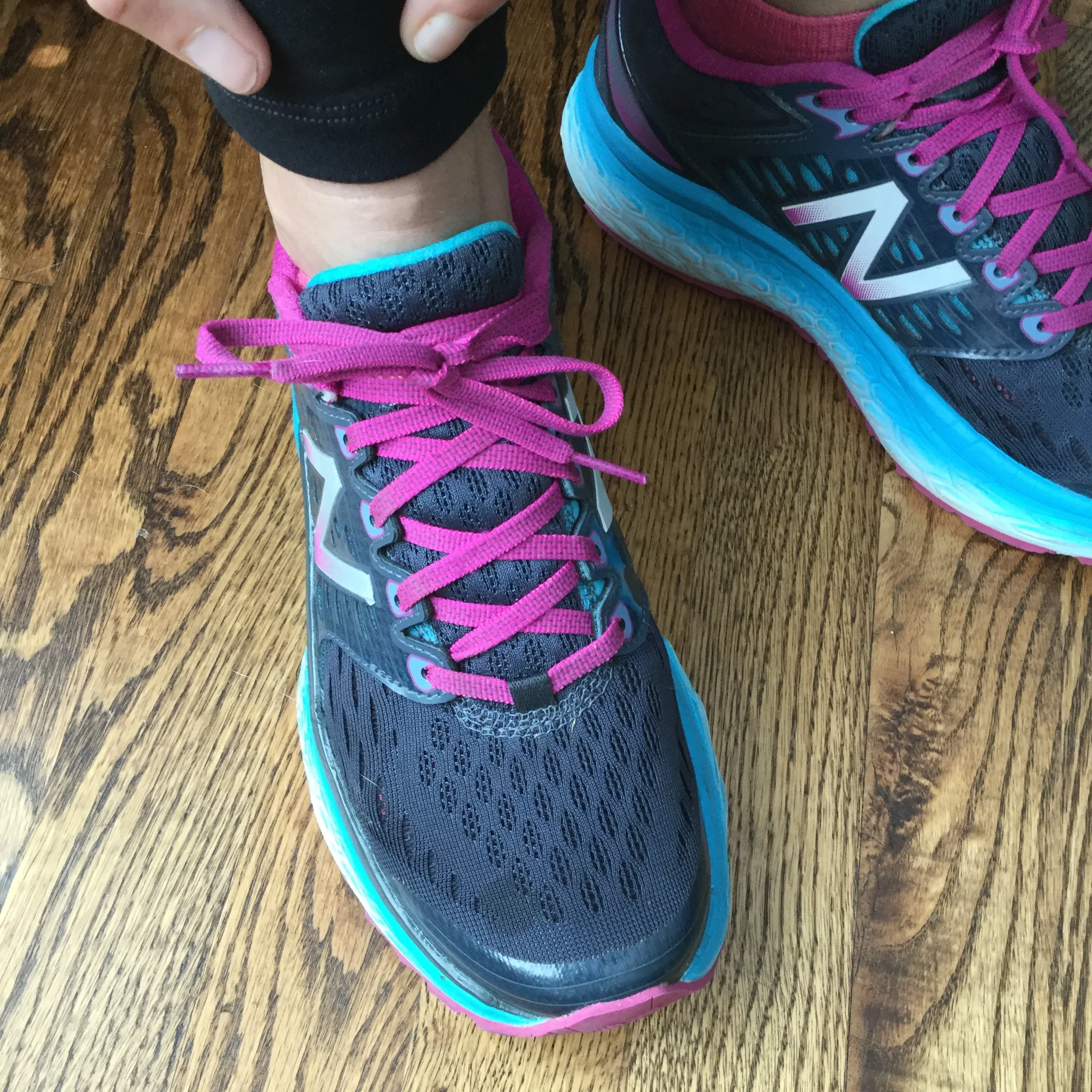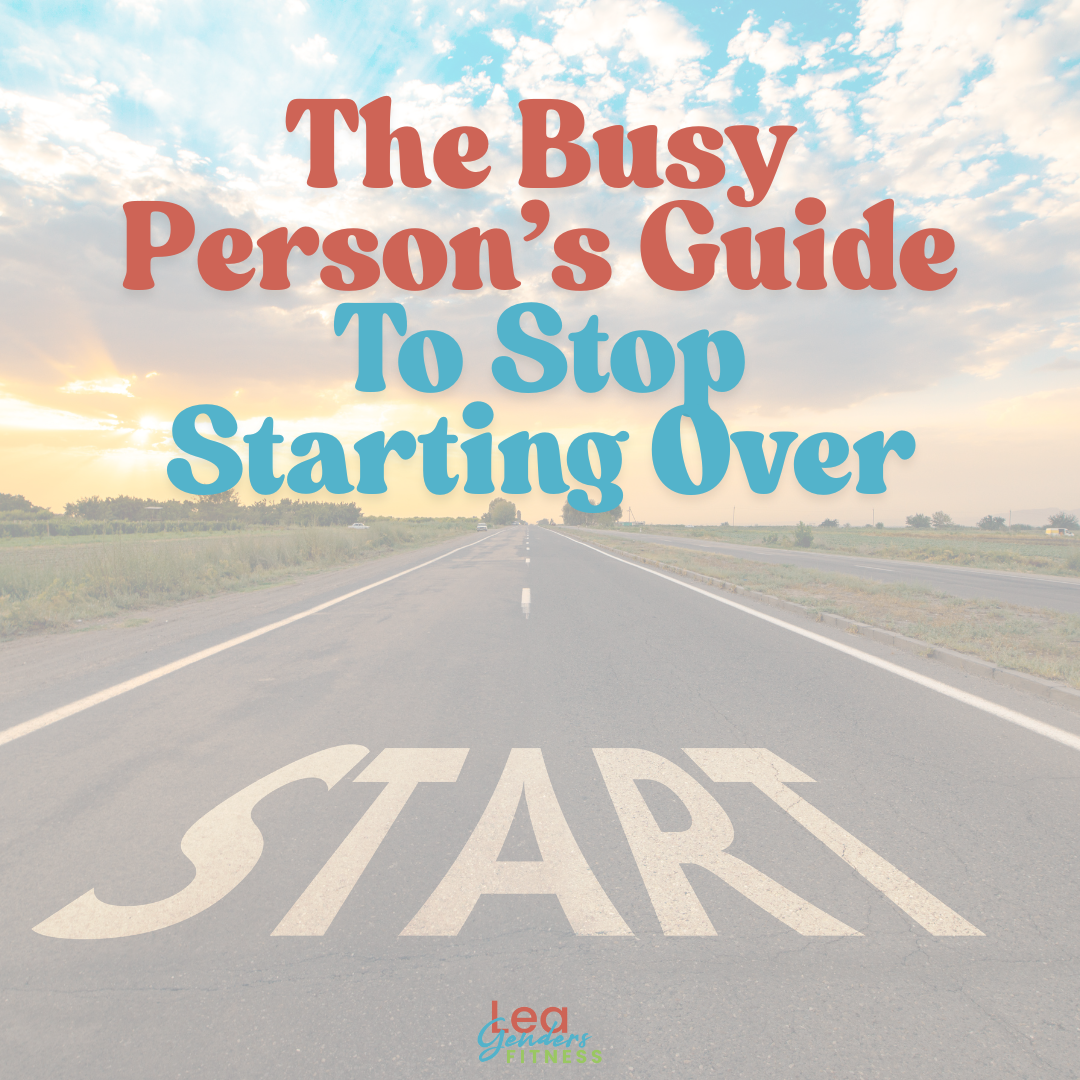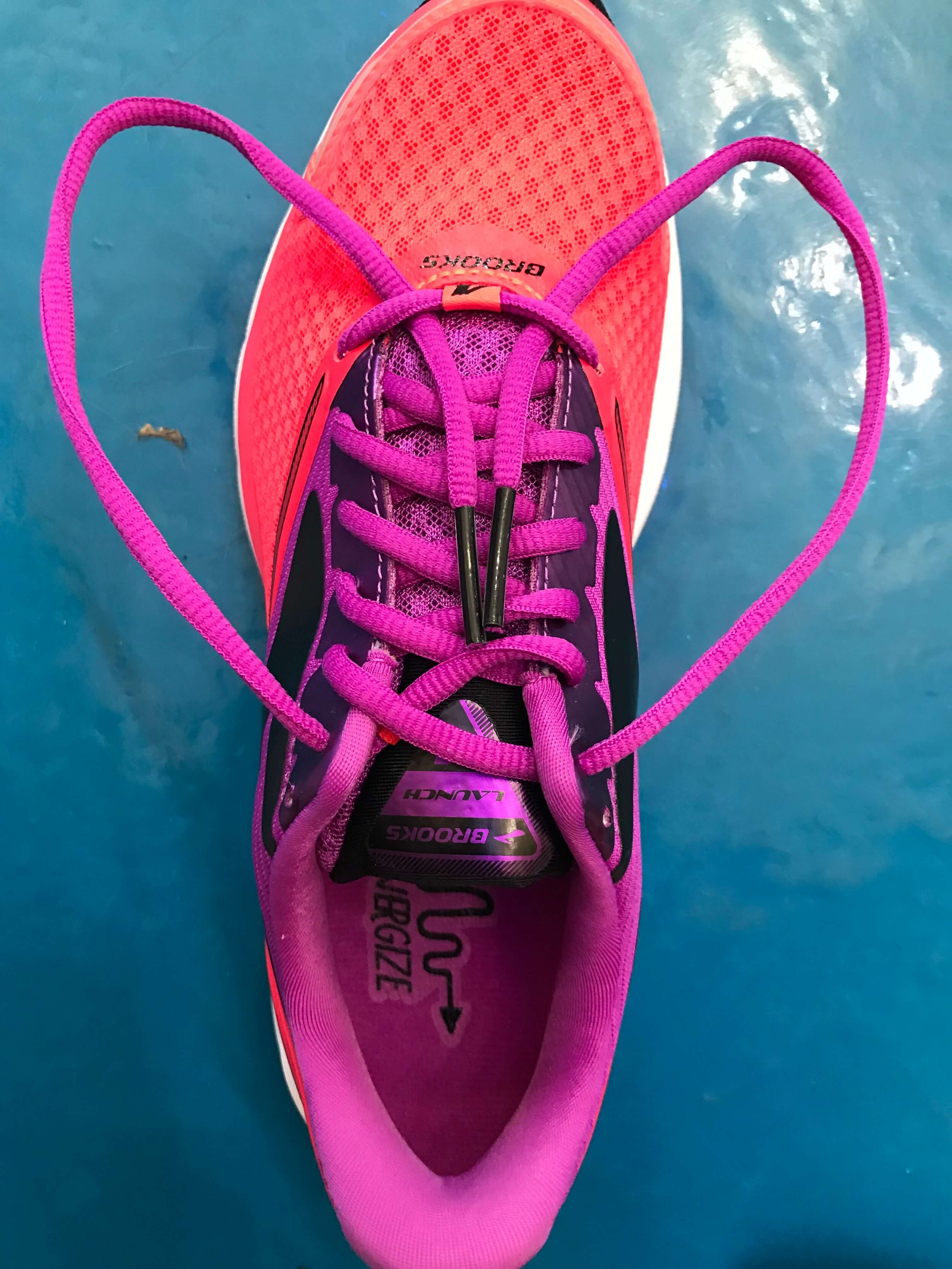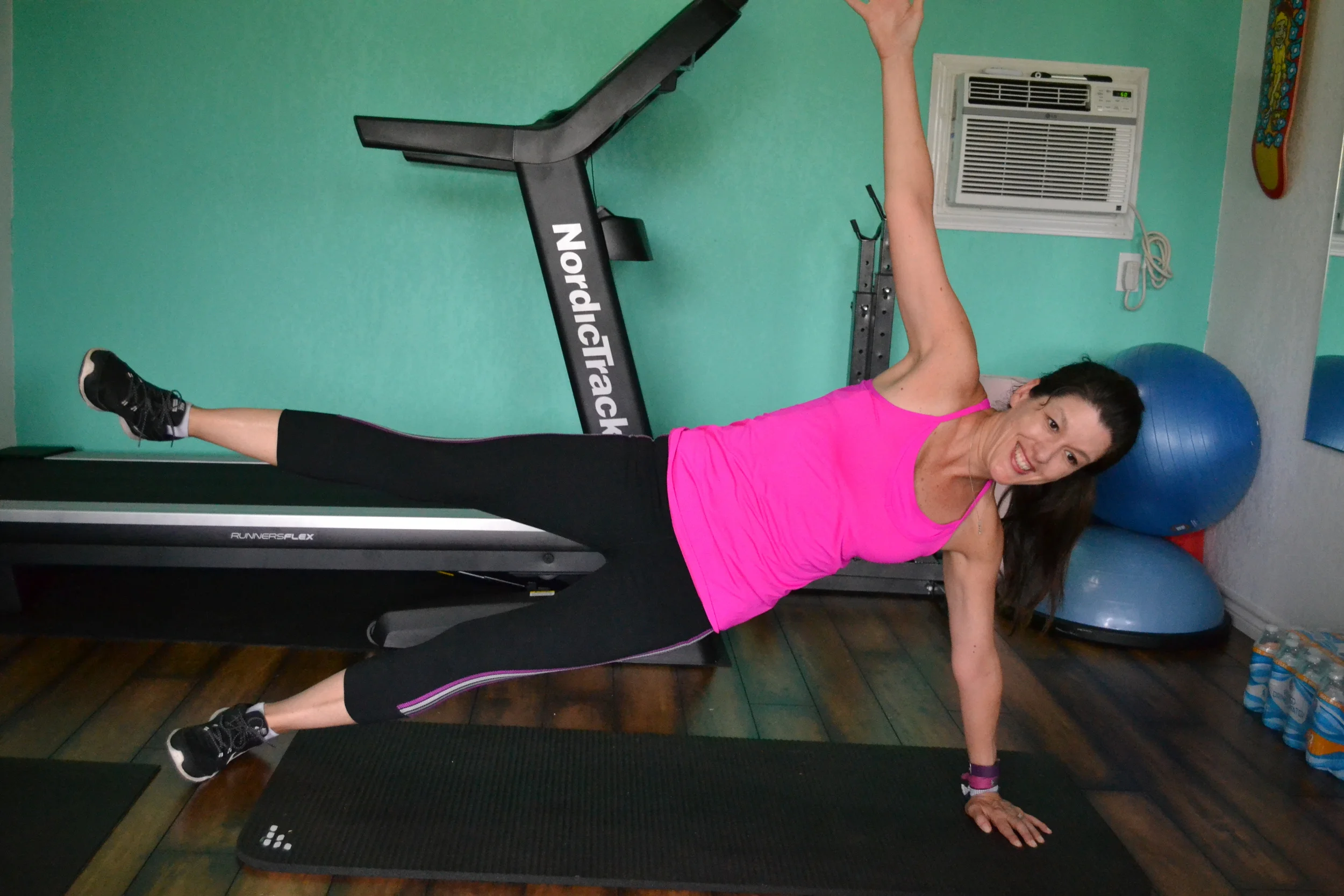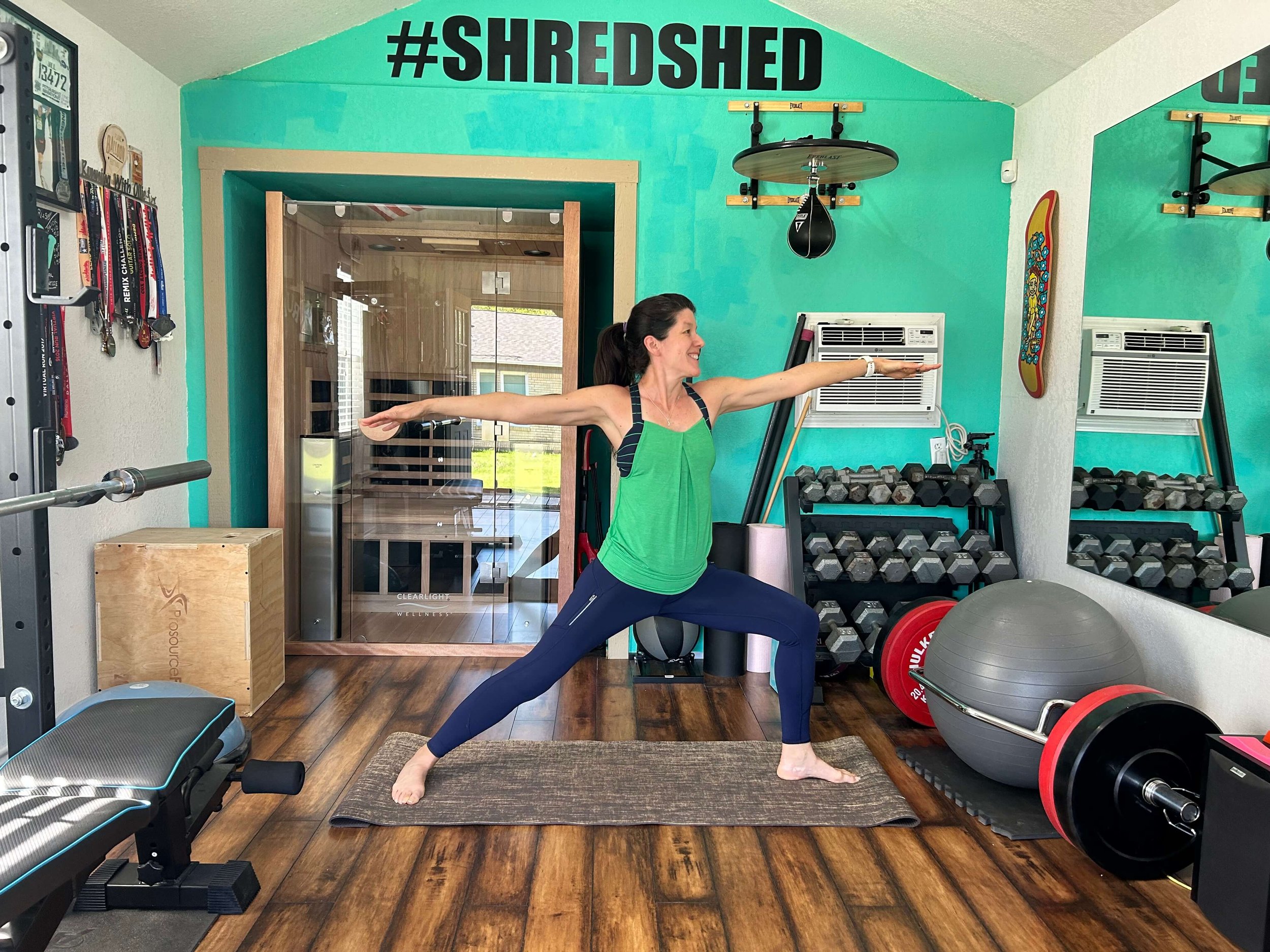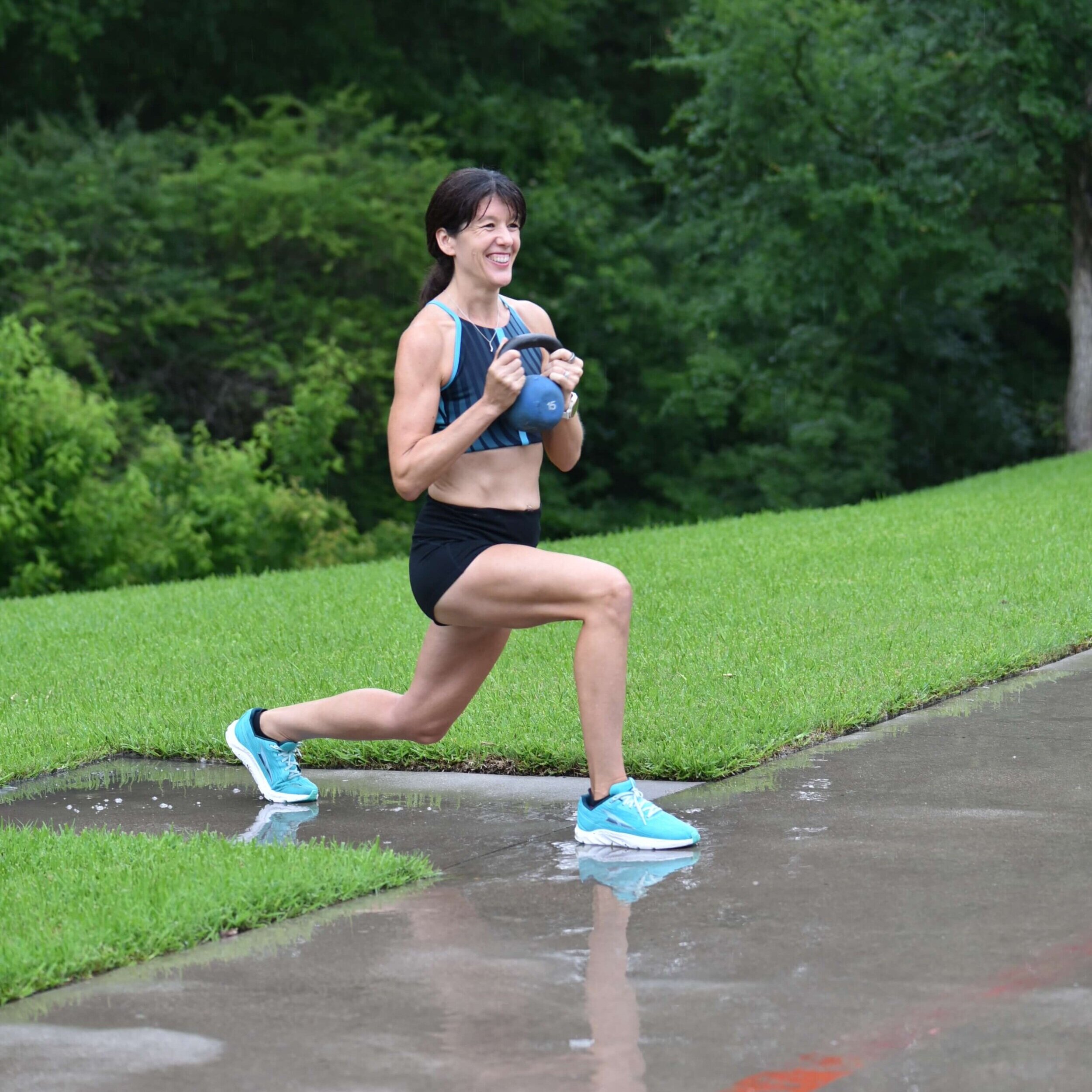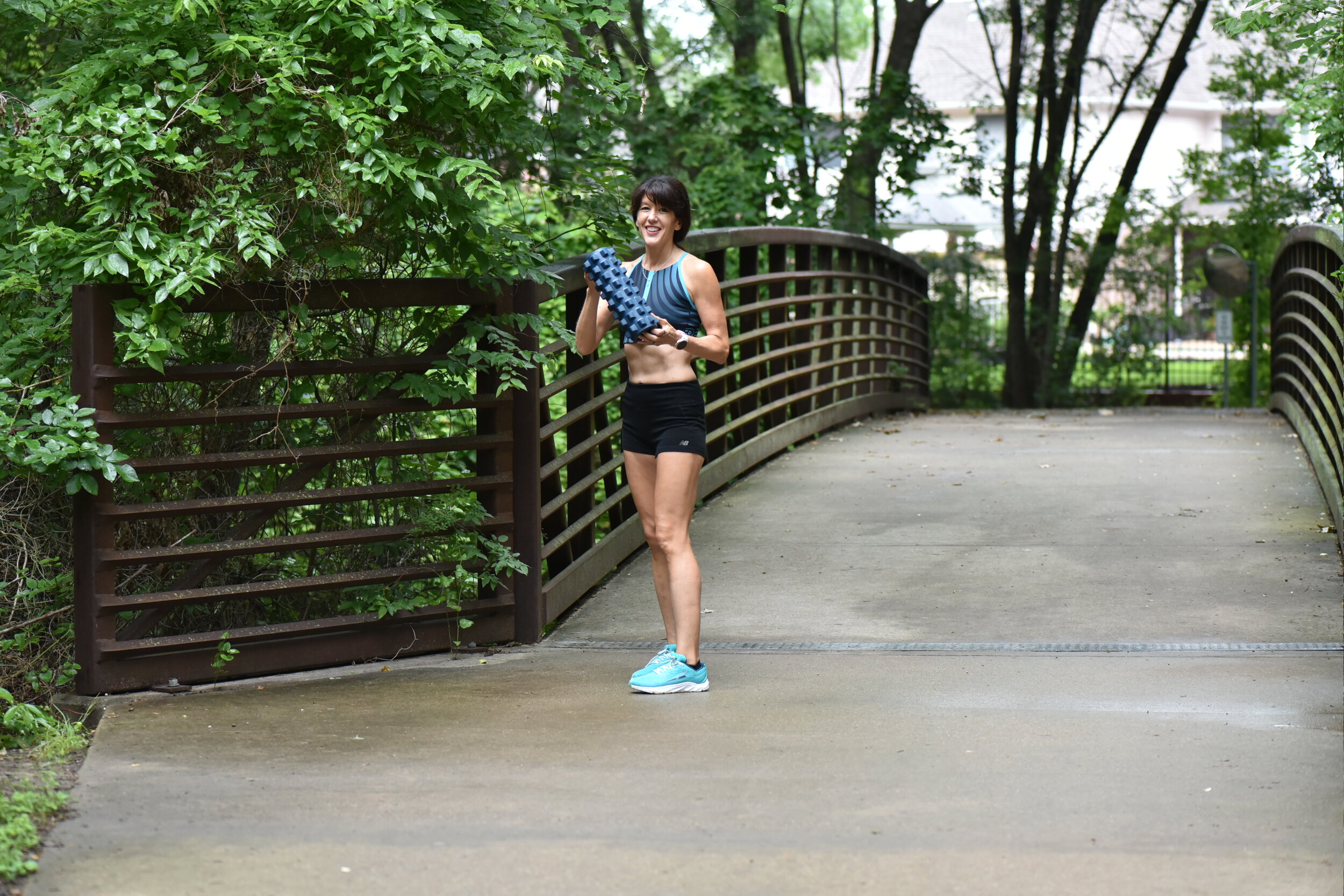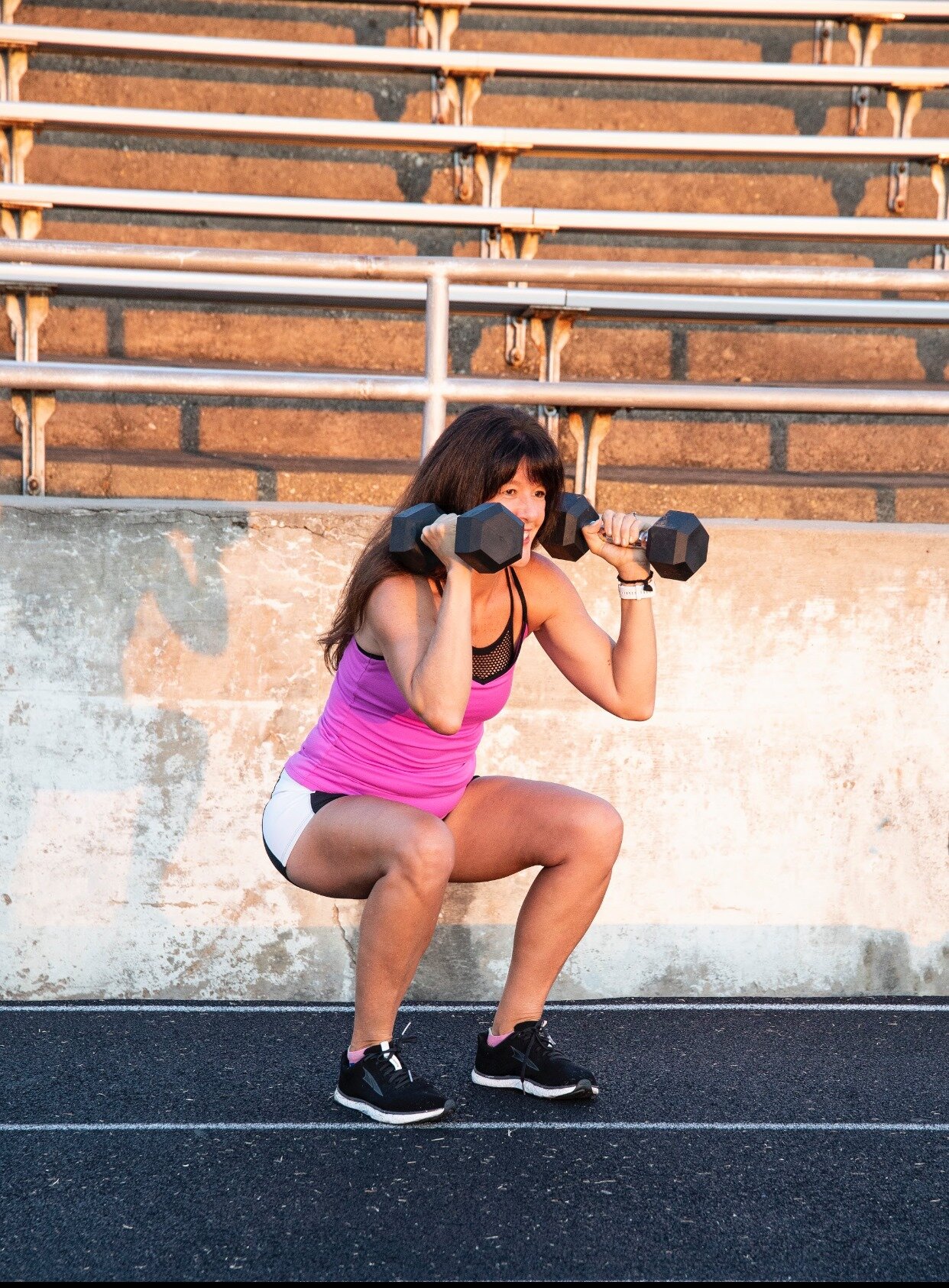If you've been running for a while and it seems like you're not improving I may be able to help you to pinpoint the culprit. There a few reasons that you may not be improving in running.
YOU ONLY RUN
If you've spent any time on this site you know I am a huge proponent of strength training for runners. When you run you only move in one direction - forward, which can lead to muscle imbalances and weaknesses. You don't have to spend hours in the gym, but working in some quick strength and flexibility training in all planes of motion will go a long way in helping you improve and remain injury free.
YOU'RE NOT RUNNING ENOUGH
If you want to be a better runner, you have to run more. You have to consistently put in the work over time. If you are inconsistent or only running once or twice a week then improvements will come slow or not at all. Commit to a running/training plan and follow through. If you need a coach to guide you through, I'm here to help.
YOU ONLY RUN AT ONE PACE
If you run at the same pace every day you are training your body to conserve calories and glycogen (carbs) in the muscles. This is good for long distance running because this is why you're able to cross the finish line. However, if you want to improve and run faster you'll need to train to run faster by adding in intervals, fartleks and/or hills into your training. The key is to have a variety of workouts that train the different exergy systems. Slow runs have an important place in your schedule but they should not be the only workouts that you do.
YOU DON'T REST
I'd argue that rest days are one of the most important parts of your training plan. You body adapts and improves during rest, not during the workout. So if you don't rest, you don't allow your body the recovery it needs to repair and rebuild. You can't beat your body into submission. Work hard, rest hard. Plan one or two full rest days (or more if you need it) in your training schedule each week for best results.
YOUR LIFESTYLE
Take a look at your lifestyle including your sleeping habits, nutrition and stress. Lack of sleep, poor nutrition, excessive alcohol intake and stress can all be factors in a poor or stagnant performance. Consider your lifestyle outside of running and evaluate if you need to make improvements. A good night sleep and proper nutrition can make a world of difference in your training.
Take a good hard look at these factors to determine if you should make some adjustments in order to improve in your running. Work hard, rest hard, be consistent. You'll get there.
Like this post? Please consider sharing.
Have questions? I'd love to help! Ask in the comments or join the conversation and "Ask the Trainer" for your question to be featured in a future blog post.
I am a NASM personal trainer and RRCA adult distance running coach that specializes in strength training for runners. I offer in-person training in the Shredshed, online training and Fit to Run bootcamps. If you are interested in a more in-depth running or strength training plan, please contact me. Have questions? I'd love to help.
While I am a certified personal trainer, I am not your personal trainer. Since I don't know your exercise abilities, injury background or medical history, please see your doctor before beginning any new exercise program.

